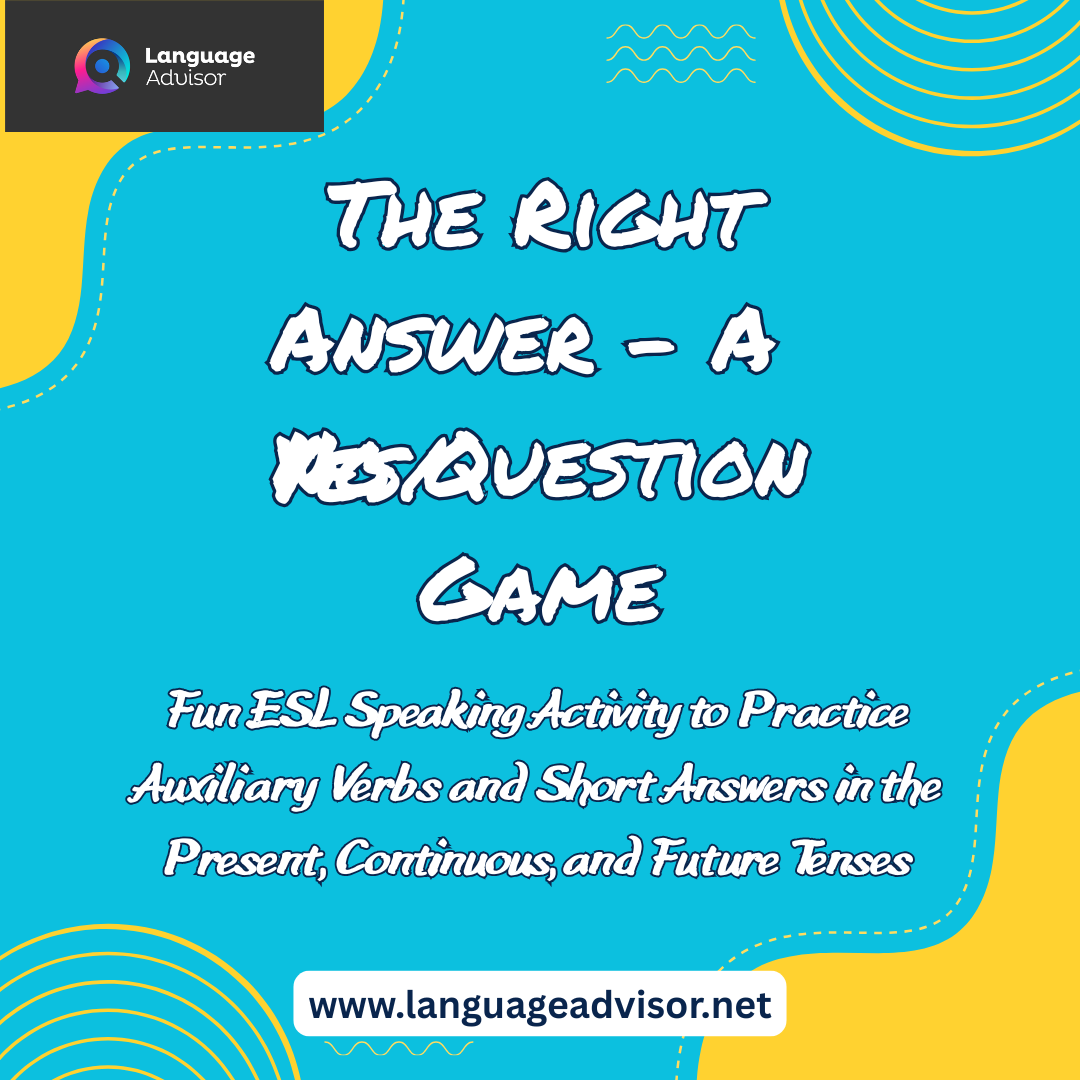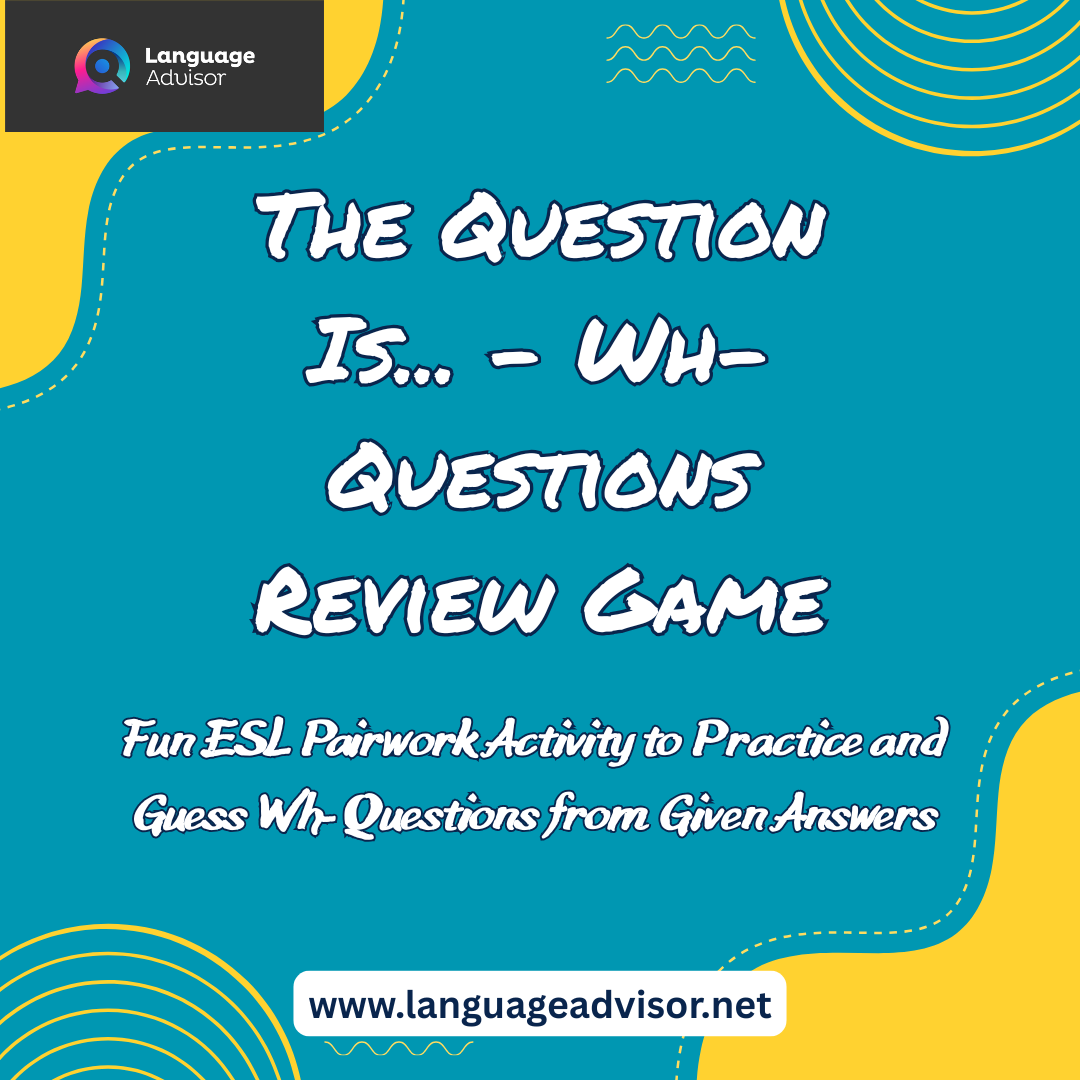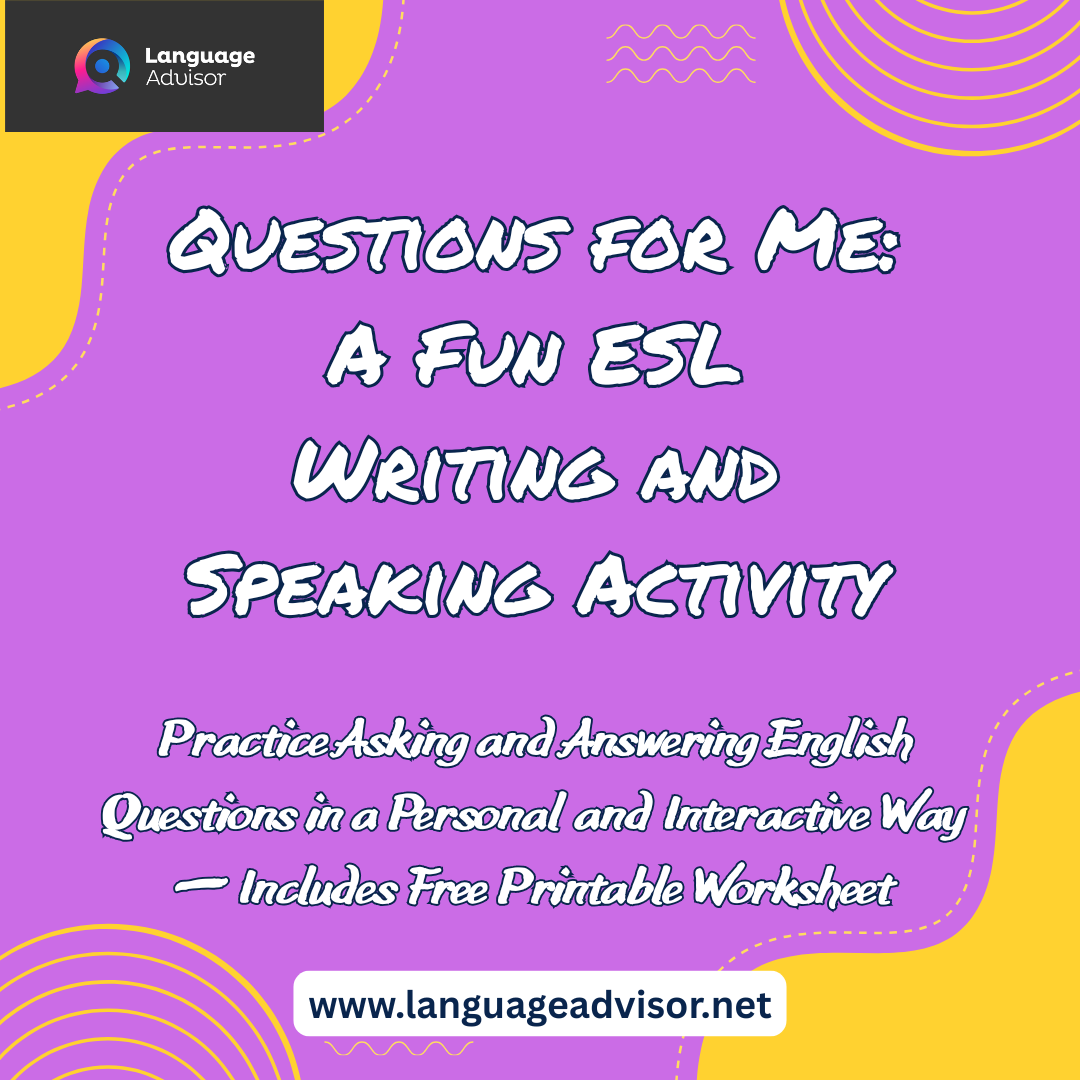Has, Have, Must, Mustn’t: Free Printable PDF Exercises for Young Learners, Teenagers, and Adults
Has, Have, Must, Mustn’t

Has, Have, Must, Mustn’t
Mastering English grammar can be tricky, but with the right resources, it becomes much more manageable. If you’re searching for free grammar exercises with printable PDFs, you’re in the right place! In this post, we’ll explore an important topic in English grammar: the use of has, have, must, and mustn’t. By the end, you’ll have a solid understanding of how to use these words correctly, plus access to free downloadable exercises to help reinforce your learning.
Understanding “Has”, “Have”, “Must”, and “Mustn’t”
1. When to Use “Has” and “Have”
Has is used with singular subjects, especially with he, she, or it.
- She has a lot of homework.
- It has been a long day.
- He has a new phone.
Have is used with plural subjects or with “I” and “you.”
- They have two pets.
- I have a meeting at 3 PM.
- You have a great idea!
Common expressions with “has” and “have”:
- Have a good time
- Have breakfast
- Has got (for possession)
- Have to (for necessity)
2. When to Use “Must”
“Must” is used to show necessity, obligation, or strong recommendations.
- You must wear a helmet when riding a bike.
- He must finish his project before the deadline.
- They must be home by 10 PM.
Common expressions with “must”:
- Must see (something important)
- Must do (something necessary)
- Must be (certainty about something)
3. When to Use “Mustn’t”
“Mustn’t” is used to show prohibition or something that is not allowed.
- You mustn’t eat in the library.
- She mustn’t stay out too late.
- We mustn’t forget to bring our tickets.
Common expressions with “mustn’t”:
- Mustn’t speak loudly
- Mustn’t be late
- Mustn’t touch that
4. “Has”, “Have”, “Must”, and “Mustn’t” in Questions and Negatives
- Questions with “has” or “have”:
Does she have any plans for the weekend?
Have you finished your homework? - Questions with “must”:
Must we attend the meeting?
Must he go to the doctor? - Negative sentences:
She doesn’t have time to help today.
You mustn’t forget your keys.
Free Printable PDF Exercises
We’ve created some free printable PDF worksheets with exercises to help you practice has, have, must, and mustn’t. The exercises include:
- Fill-in-the-blank sentences to test your understanding.
- Multiple-choice questions to reinforce your knowledge.
- Sentence transformation tasks to improve your grammar skills.
Final Thoughts
Mastering the use of has, have, must, and mustn’t is essential for effective communication in English. With consistent practice, you’ll build confidence and accuracy in your grammar skills. Be sure to download our free printable PDFs to support your learning journey.
Happy learning!

📩 Want more free ESL grammar lesson? Share this post with other teachers and let us know how it worked in your classroom!
💬 What other grammar topics would you like? Drop your ideas in the comments!

DOWNLOAD THE PDF FOR FREE

Also check out these English grammar resources












